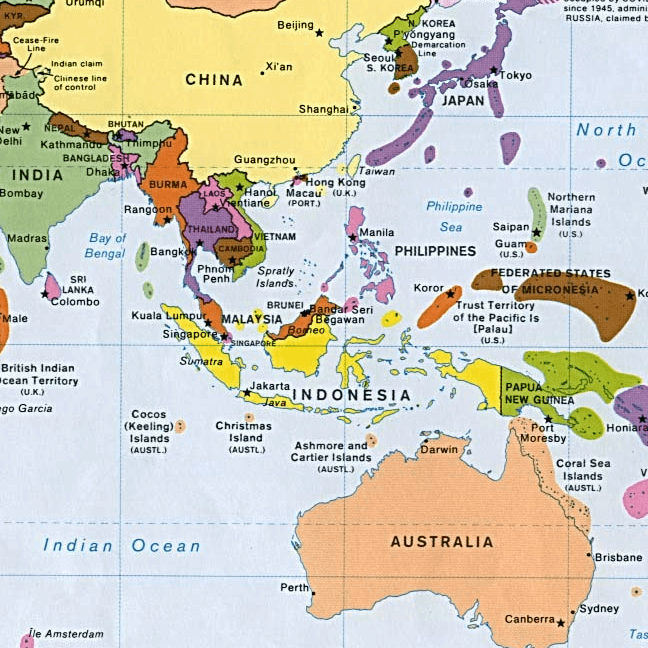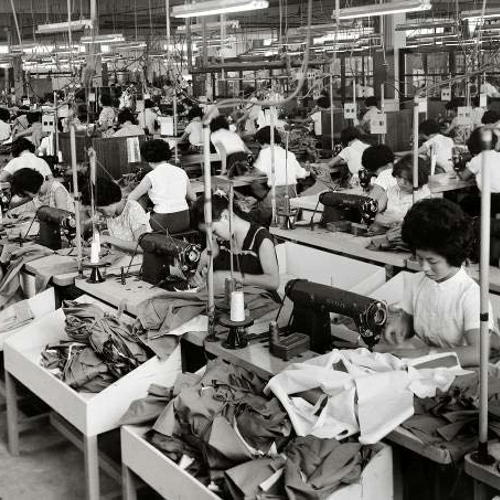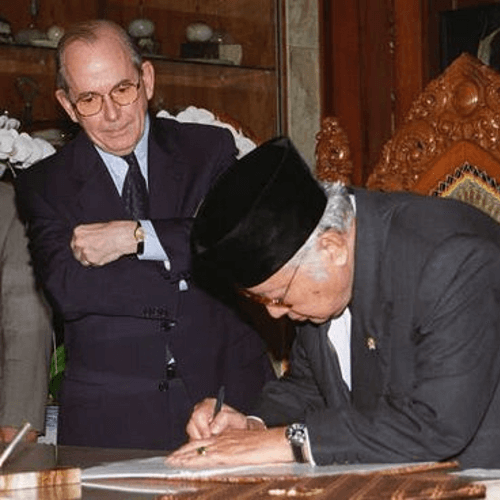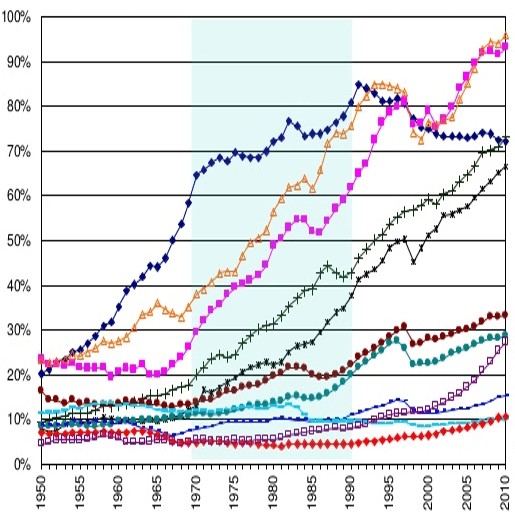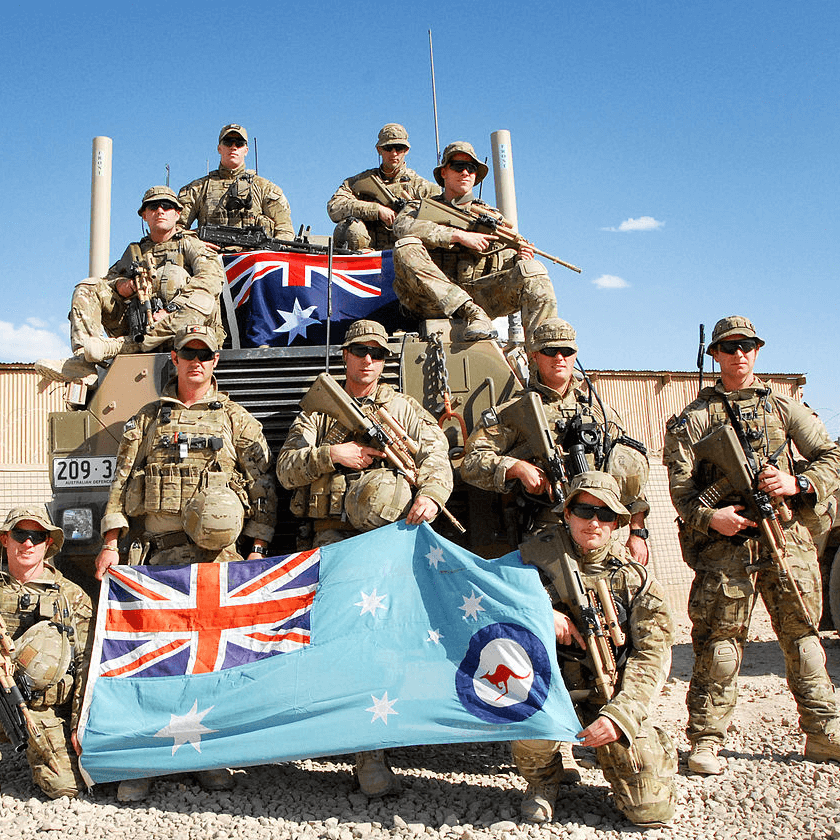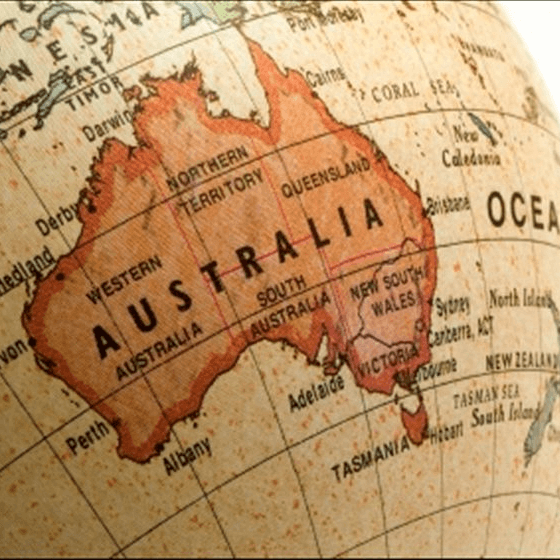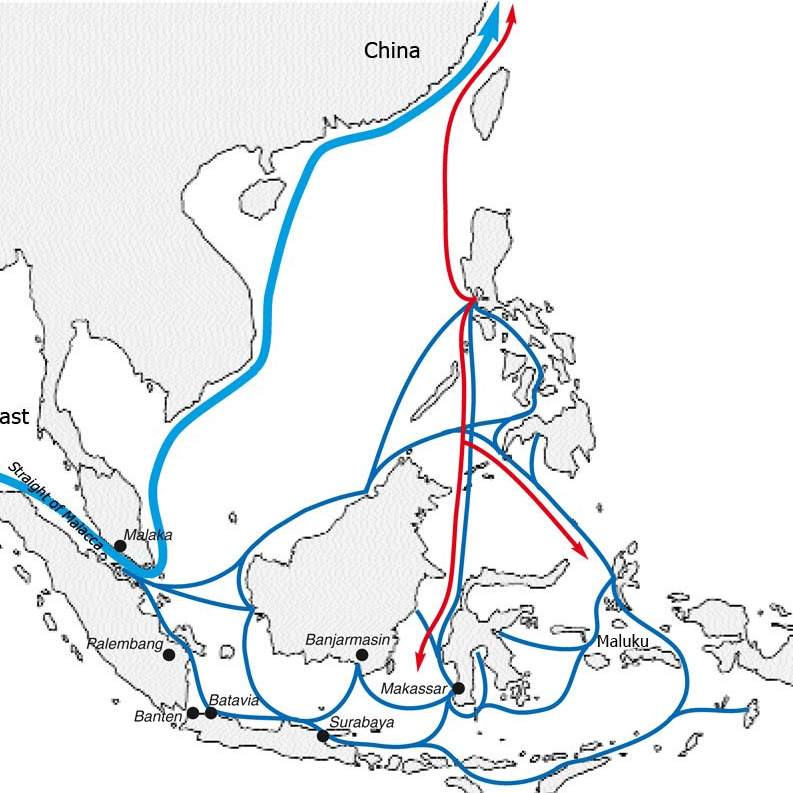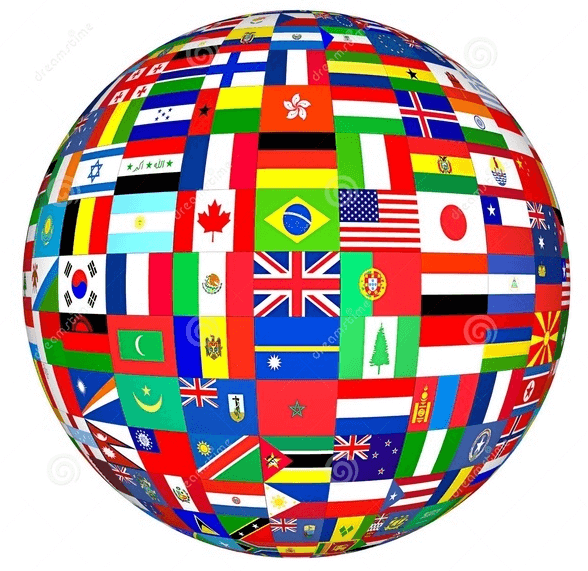Articles/Essays/Notes
Australia's Place and Influence in Asia
Since the very beginning of a notion called 'Australia' some 200 years ago the European occupiers of this continent have rarely felt at peace with its geography. As a transplanted, predominantly European, society situated within Asia,[1] far from the homelands-of-the-heart in Europe, Australia...
The role of FDI in the development of Singapore
A model development path?
The rapid economic development of the NIEs (Hongkong, Singapore, South Korea, and Taiwan) over the past three decades has necessitated the utilisation of external resources, principally foreign capital.[1] Without such resources, industrialisation and development on the scale undertaken could simply...
East Asia and the Roots of the Economic Crisis
From a Western perspective
The past two decades or so has witnessed the increasing dominance of neoliberal perspectives within international political, social and economic thinking. This has particularly been the case since the end of the Cold War, which seems to have triggered a decline of alternative social and economic per...
Indonesia's Economic Development
in comparison to South Korea and Taiwan
The rapid pace of economic development in East Asia over the past few decades has awed the world. This is particularly so for the so-called Newly Industrialising Countries (NICs) which include South Korea and Taiwan, together with the city-states of Singapore and Hongkong. Since the 1980's, these st...
Security and Australia's involvement in the world
Australians have always felt uncertain about their place in the world. As a transplanted, predominantly European, society situated within Asia, Australians have always felt a sense of threat from the north. Profound differences with the nations of East Asia exist in nearly every respect:...
The Development of Australian Foreign Policy
It only been these past few decades that Australia has begun to pursue a relatively independent foreign policy, from under the shadows Britain and the US. Australia's unique historical circumstances have led to the development of a certain set of attitudes and characteristics that underlie its...
The Importance and Consequences of Trade in Southeast Asia
until 1870
To trade is human. Like the ability to communicate abstract ideas, trade is one of those activities that differentiates Homo sapiens from the rest of the animal world. And trade is more than just a mere exchange of surplus; its social and political impact is profound binding both families, tribes an...
Globalisation and the Nation-State
It is frequently alleged that the nation-state in the 1990's is at a precarious moment of history, poised to somehow inevitably disintegrate under the pressure of globalisation. It has been a mere decade since this word 'globalisation' started to infiltrate the everyday language of nations worldwide...
